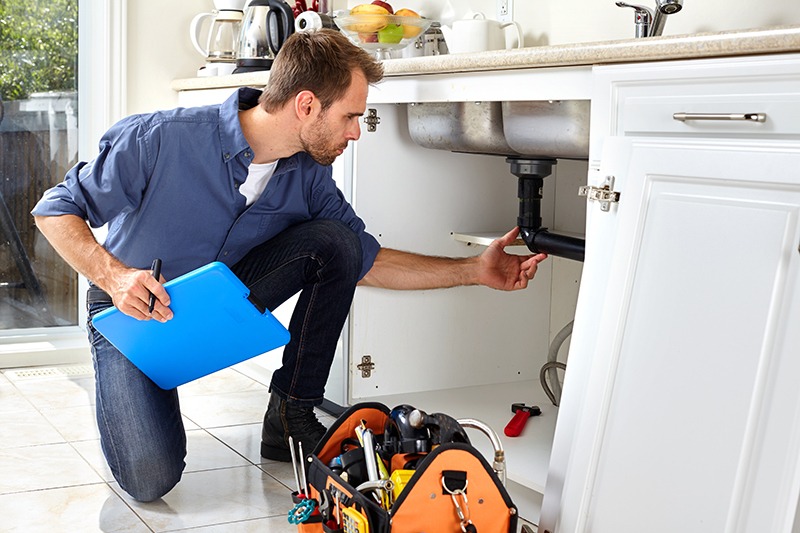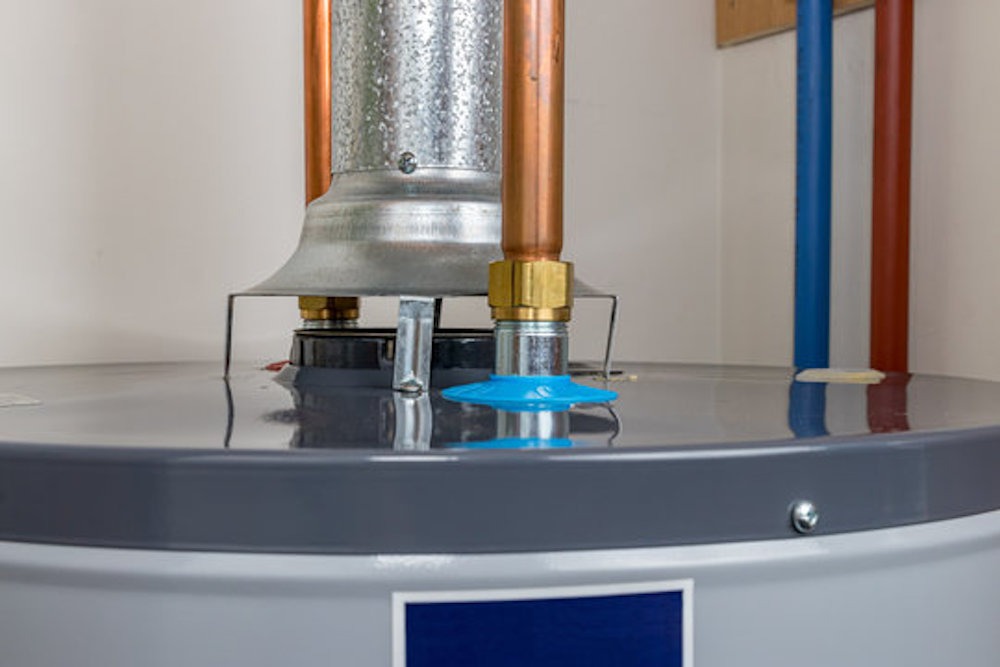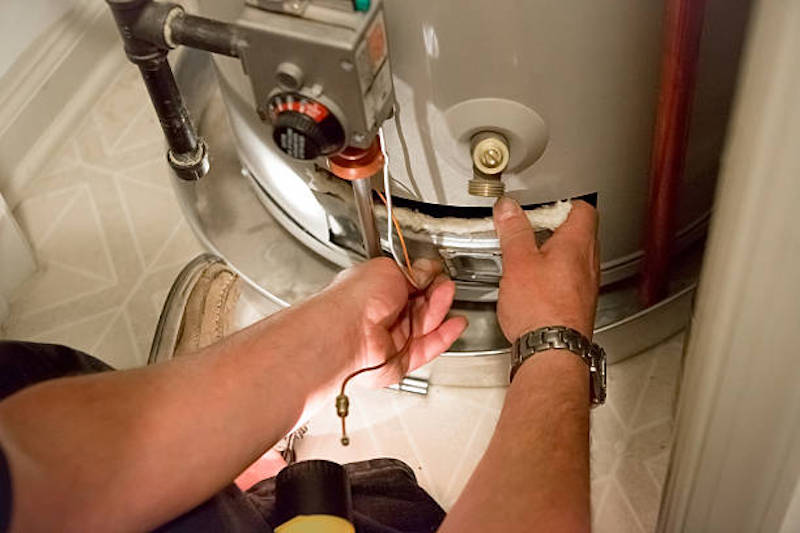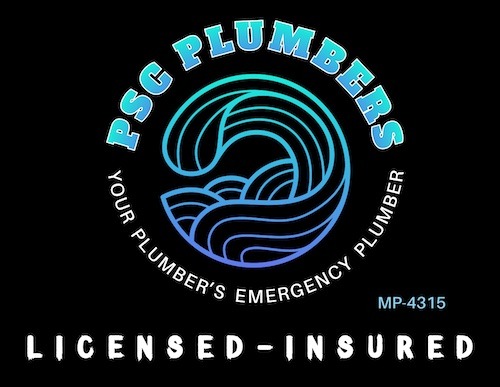Think you have what it takes to learn how to become a plumber?
For those seeking a hands-on, purpose-driven profession with excellent job security and the potential for high earning potential, plumbing offers a surprisingly attractive option.
Think about it. Every home, every building, relies on a functioning plumbing system. That means plumbers are the unsung heroes, the silent guardians keeping the water flowing and waste disappearing. It’s not just about unclogging drains (although let’s be honest, that’s a pretty heroic feat in itself!).
Plumbers install, repair, and maintain complex systems, ensuring clean water flows freely and waste is disposed of safely. They use their technical skills, problem-solving abilities, and physical dexterity to tackle diverse challenges, from fixing a leaky faucet to installing intricate gas lines.
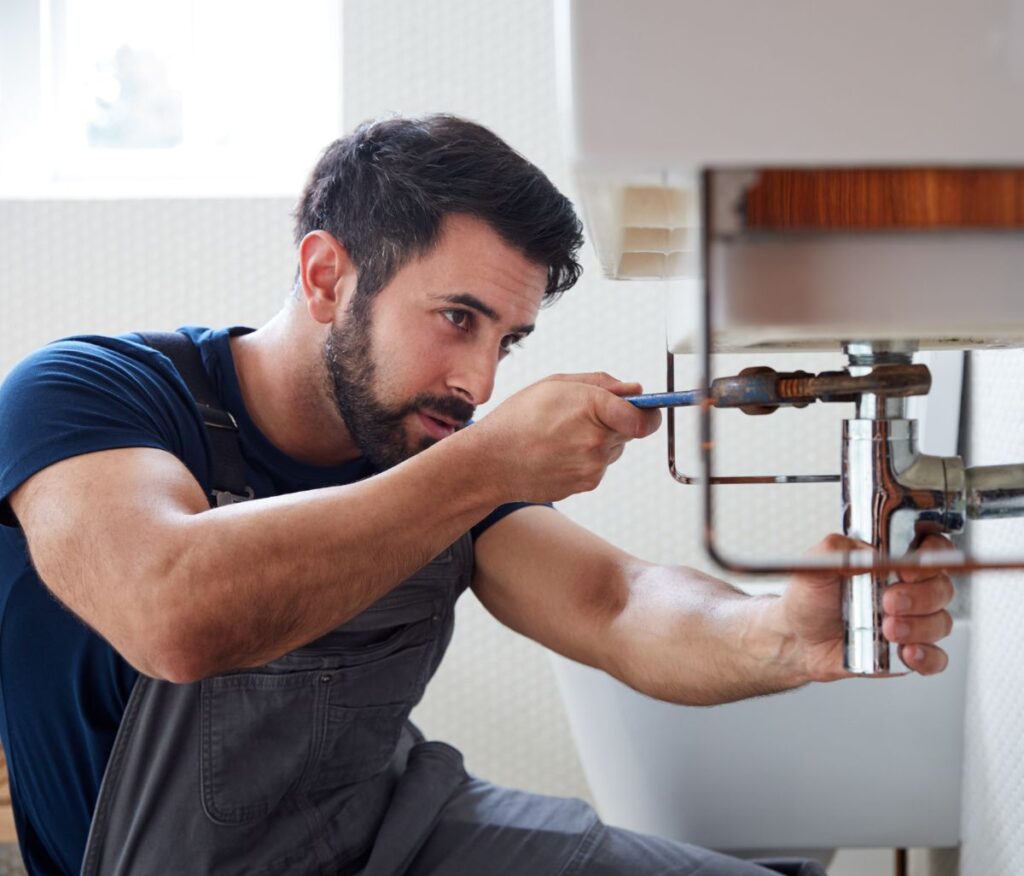
So, are you ready to trade a suit and tie for a wrench and toolbox? Here’s your roadmap to becoming a plumber:
Step 1: Dive into the Fundamentals
While a four-year college degree isn’t mandatory, a strong foundation in math, science, and spatial reasoning is crucial. Consider taking relevant high school courses or enrolling in a community college program to get a head start.
Step 2: Choose Your Training Path
There are two main routes to becoming a licensed plumber: apprenticeship and trade school.
Apprenticeships: These paid, on-the-job training programs typically last 4-5 years and combine classroom instruction with hands-on experience under the guidance of a licensed plumber. They offer a valuable blend of learning and earning, and many employers sponsor apprentices through trade unions.
Trade Schools: Two-year vocational programs provide intensive technical training and prepare you for licensing exams. While faster than apprenticeships, they may require tuition fees.

Step 3 for How to Become a Plumber: Get Licensed!
Licensing requirements vary by state, but generally involve passing a written exam and demonstrating practical skills. Research your state’s plumbing board for specific requirements and licensing procedures.
Step 4: Continuous Learning & Specialization
The plumbing industry is constantly evolving, with new technologies and regulations emerging. Stay ahead of the curve by attending continuing education courses and workshops. Consider specializing in areas like medical gas systems, green plumbing, or backflow prevention to enhance your marketability.
The Perks of the Pipe:
Becoming a plumber isn’t just about fixing pipes; it’s about building a rewarding career with tangible results. You’ll enjoy:
- Job security: Demand for skilled plumbers is expected to grow in the coming years, ensuring stable employment opportunities.
- Good earning potential: Depending on your experience, location, and specialization, plumbers can earn competitive salaries and even start their own businesses.
- Sense of accomplishment: Witnessing the satisfaction on a client’s face after fixing a major plumbing issue is truly rewarding.
- Variety and challenge: Every day brings new problems and projects, keeping your work dynamic and engaging.
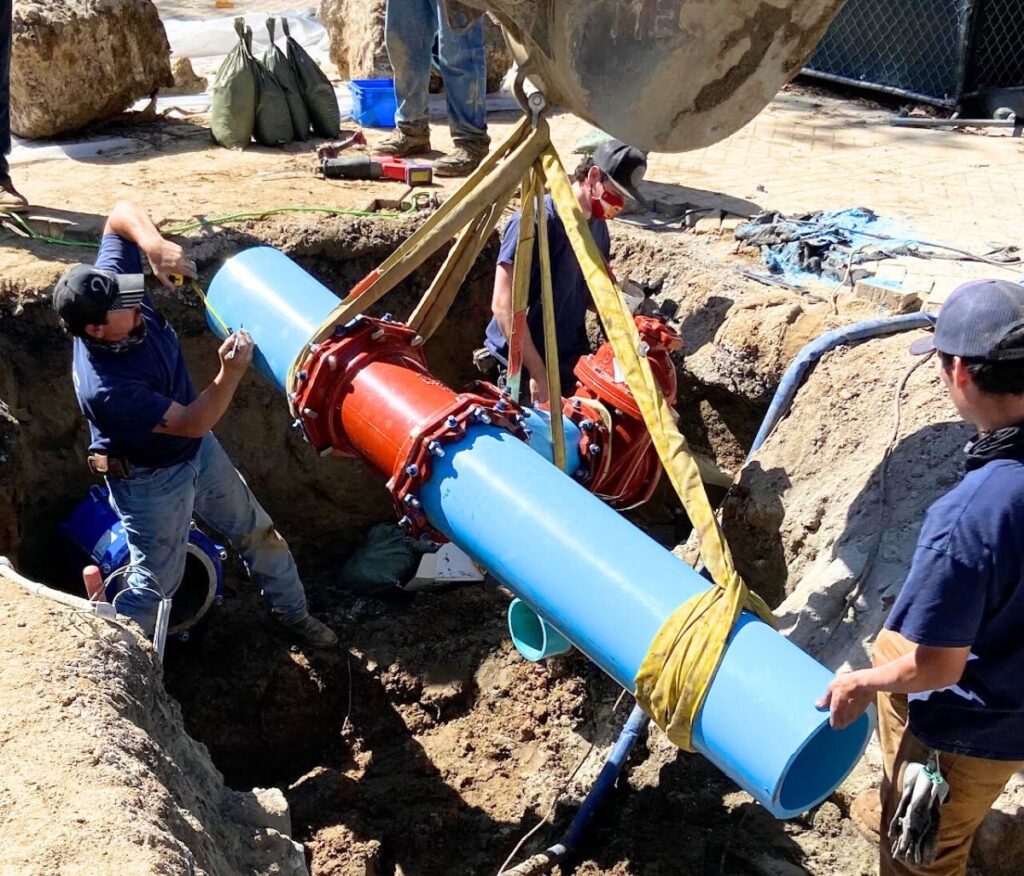
Conclusion:
The path to becoming a plumber requires dedication, hard work, and a willingness to learn and get your hands dirty. But for those who enjoy challenges, crave purpose, and possess a knack for solving problems, it’s a fulfilling and rewarding journey.
So, are you ready to answer the call and join the ranks of these essential home and building heroes? The pipes are waiting…
We are hiring plumbers on the Gulf Coast in Alabama and beyond: Click here to learn more.
Need a plumbing fix or installation? Click here to contact us.

